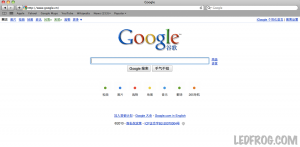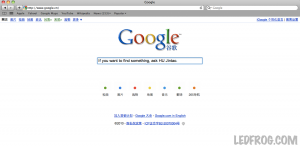Amidst all the debt ceiling confusion surrounding today’s financial drama, it’s amazing to find out that a large corporation such as Apple actually has more cash on-hand than the whole United States government!
Ok, maybe it’s not such a surprise after all given that our government spends more than they bring in and when they need more cash, they practically just print it. I won’t go into all the details here, but to summarise the situation very quickly, our country has a limit to how much debt we can have. That limit is currently set at $14.4 trillion dollars. Let’s see that number in all its glory: $14,400,000,000,000 That’s a lot of money. Anyway, it appears that we’re nearing that limit and fast, so the debate is redhot: do we increase the limit to allow us to borrow more money or do we cut spending to reduce the amount borrowed?
As a result of trying to figure out how to solve this problem, politicians have let our national coffers dip to a dangerously low amount. The best analogy for this chaos is if our government was using a single credit card for all of its spending, they are reaching the credit limit. To offset this, they have practically wiped out their bank account and are now waiting to see if their credit limit will be increased. That leaves the whole United States with an unmanageable debt and only $73,768,000,000 ($73.768 billion) in the bank.
Apple Inc. currently has $76,156,000,000 ($76.156 billion). The maker of fine products such as OS X, iPhone, iPad, iPod and Macbook is theoretically richer than the whole country. How does that sit with you?!
While this $2.388 billion difference might seem like a small number, it’s really not when you consider that the country’s income is comprised of every tax-paying individual living in this country, every product exported out to the world and a slew of other things like investments, bonds, etc. Since it’s clear that the government’s income is far greater than Apple’s, the problem must lie with the spending—wow, did I just solve a major national crisis with just one sentence?! Someone please send this link to Obama and Congress. 🙂
On a sidenote, Apple is now poised to become the largest corporation on the planet (in terms of profit) after reporting an estimate $5.5 billion in iPhone sales in this year’s third quarter. Let’s see if someone can finally take down oil-giant ExxonMobil!
If you were wondering what it would be like if Apple gave all of its money to the government, you could expect the cash to run out in about a week because according to Fortune magazine, the U.S. government spends roughly $10 billion a day! Maybe the government should start selling iPods to recoup some of their losses. I guess it wouldn’t matter because I’m sure they’d find something frivolous to spend it on.

